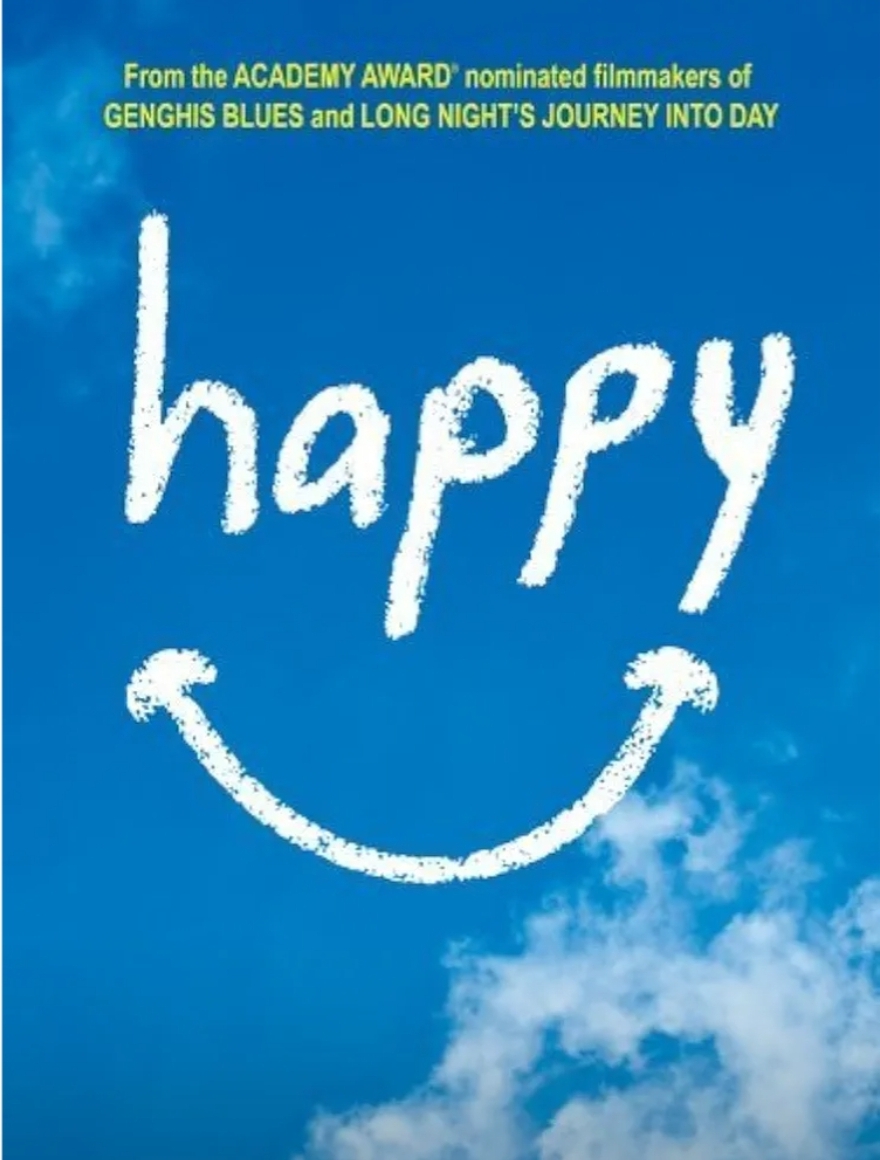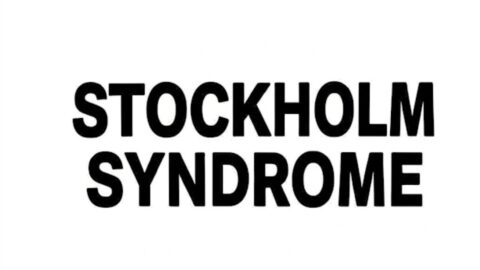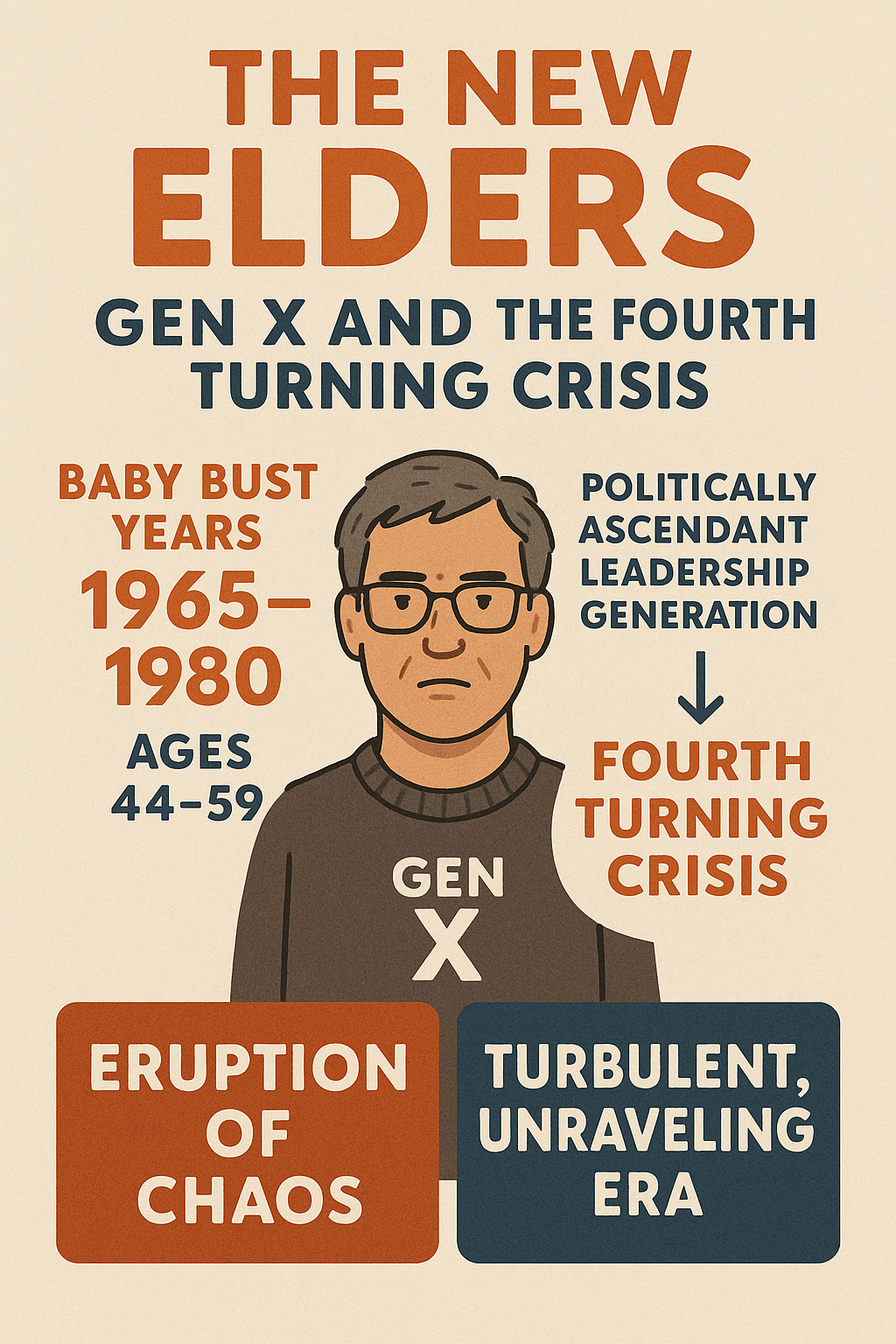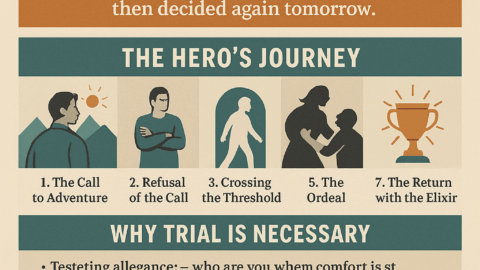Happy is a 2011 documentary directed by Roko Belic that explores the concept of happiness across different cultures and individuals around the world. The film seeks to answer questions about what truly makes people happy and why some societies seem more fulfilled than others. It combines personal stories, scientific research, and expert interviews to create a holistic view of happiness and well-being.
Key Elements of the Documentary:
Global Exploration of Happiness:
- The film travels to diverse locations, from the slums of Kolkata, India, to the forests of Namibia, to communities in Denmark. The aim is to explore what happiness looks like in different cultures and living conditions, contrasting material wealth with spiritual and emotional well-being.
- In these places, people share their life experiences and what happiness means to them, providing insight into the factors that foster joy and contentment across cultural and socioeconomic divides.
Scientific Approach to Happiness:
- The documentary blends personal stories with scientific research on the psychology of happiness. It interviews experts in positive psychology who explain how our brains are wired for happiness, and what external factors (like wealth) have a surprisingly small effect on long-term contentment.
- Researchers delve into concepts like the happiness set point (the idea that genetics may determine a baseline for happiness) and the role of neurotransmitters like dopamine in creating feelings of pleasure.
Focus on Intrinsic vs. Extrinsic Goals:
- One of the central messages of the documentary is the difference between intrinsic goals (relationships, personal growth, and community) and extrinsic goals (wealth, fame, and image). The film argues that the pursuit of intrinsic goals tends to make people happier in the long run, while chasing extrinsic goals often leads to dissatisfaction.
- The documentary highlights several examples of people who lead relatively simple lives but are deeply fulfilled, such as the rickshaw driver in India who, despite his modest circumstances, finds joy in his family and community.
Psychological and Physiological Benefits of Happiness:
- The film also explores how happiness affects our physical and mental health. It discusses the positive impact of happiness on longevity, stress levels, and immune system function. Through interviews with psychologists and scientists, the documentary reveals how happy people tend to live longer and healthier lives.
- Practices like meditation, physical exercise, and gratitude are emphasized as ways to increase happiness and mental well-being.
Community and Social Connection:
- The documentary emphasizes the importance of social connections and community as key contributors to happiness. In places like Denmark and Japan, strong social ties and a sense of belonging are shown as major factors in promoting long-term happiness.
- By highlighting communities where people support one another and share responsibilities, the film suggests that human connection, more than material wealth, is essential to happiness.
Contrasts Between Western and Non-Western Societies:
- The documentary contrasts Western societies, where the focus on materialism and individualism often correlates with higher rates of depression and dissatisfaction, with non-Western societies that emphasize community, shared experiences, and less focus on consumerism.
- It critiques the culture of overwork and consumerism in countries like the United States, where the relentless pursuit of material success often leads to burnout and stress rather than happiness.
Inspiring Stories:
- Several heartwarming and inspiring personal stories are central to the documentary. For example, the film follows a woman in Brazil who recovered from a life-threatening injury and found new happiness by helping others, as well as a Louisiana man who, after a devastating accident, discovered happiness through living a more intentional and meaningful life.
- These stories show how resilience, perspective, and focusing on what truly matters can lead to a profound sense of joy, even in the face of adversity.
Actionable Takeaways:
- The documentary doesn’t just aim to show what makes people happy, but it also offers viewers practical ways to cultivate more happiness in their own lives. The film suggests focusing on relationships, gratitude, and acts of kindness, while de-emphasizing the pursuit of wealth and status as the keys to a fulfilling life.
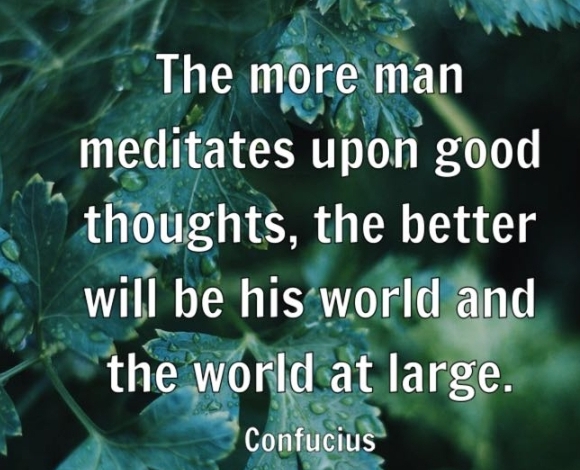
Conclusion:
Happy is an inspiring and thought-provoking documentary that takes a deep dive into the meaning of happiness and what truly brings joy and fulfillment to human lives. By blending personal stories, scientific research, and cross-cultural comparisons, it offers a holistic view of happiness, challenging the notion that material success is the key to well-being. The film encourages viewers to seek out connection, mindfulness, and a sense of purpose in their own pursuit of happiness.

